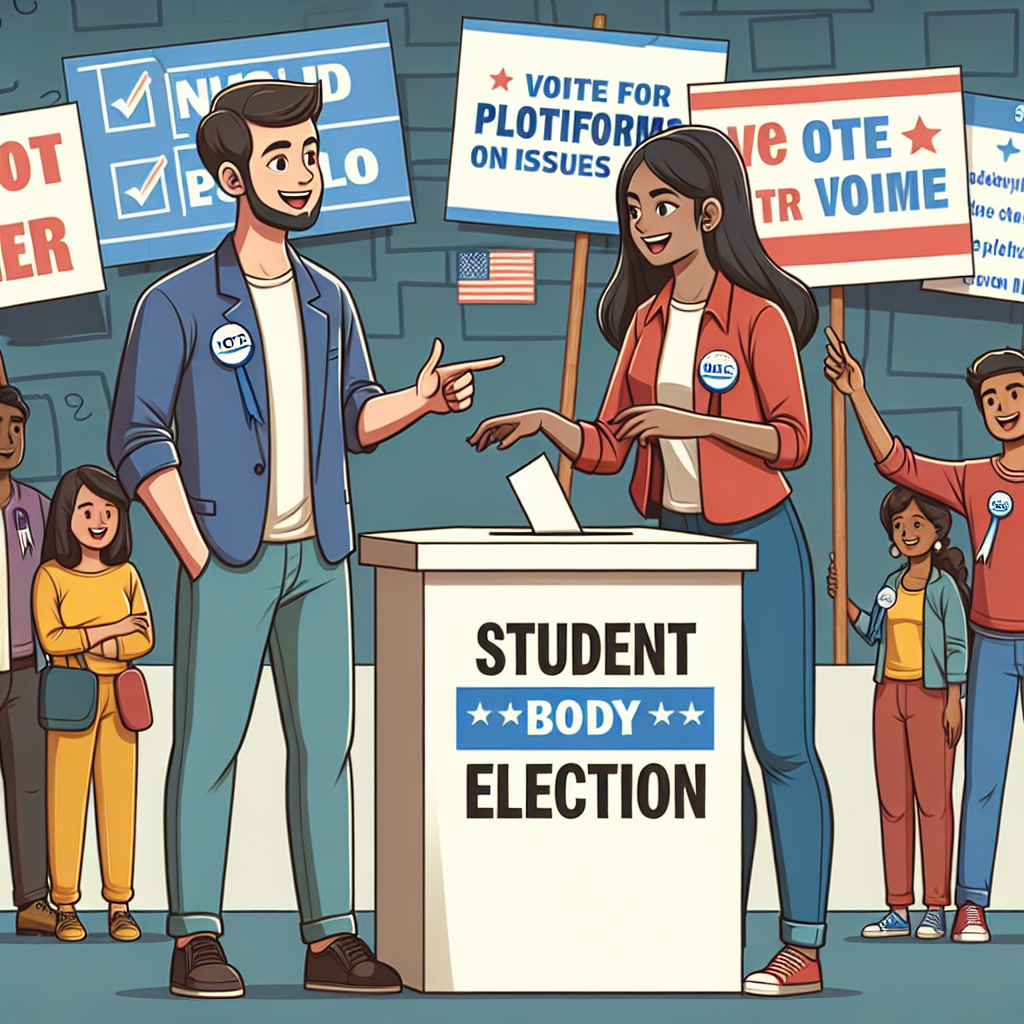Syria's Elections: A New Dawn or Controlled Continuity?
Syria holds a pivotal electoral college vote to elect two-thirds of its parliament, marking a transition from Bashar al-Assad's regime. President Ahmed al-Sharaa aims to solidify control amidst post-war challenges. Critics voice concerns over the process's inclusivity and its indirect election method, impacting the parliament's legitimacy.

- Country:
- Syria
On Sunday, Syria's electoral colleges gather for a critical vote, aiming to appoint new lawmakers. This event signifies a significant change from the former regime of Bashar al-Assad, now under the leadership of Islamist authorities. President Ahmed al-Sharaa seeks to stabilize a nation still reeling from over a decade of conflict and sectarian violence.
In this indirect electoral process, around 6,000 electors will participate across various regional colleges. Despite the subdued campaigning atmosphere, 1,570 candidates have unveiled their platforms. The voting results, expected the same night, will fill two-thirds of the 210 parliamentary seats. Sharaa will appoint the remaining seats, citing security and the lack of accurate population data as reasons for the indirect approach.
Critics have questioned the inclusivity of the process, especially with delayed votes in minority-held provinces and the centrally managed election system. Analysts note that Sharaa's selections will influence the assembly's diversity and legislative dynamics, balancing between choosing diverse lawmakers or maintaining loyalists for legislative ease.
ALSO READ
Syrian-American Jew Henri Hamra Bids for Syrian Parliament
Many Syrians unaware of first parliamentary election since Assad's fall
Lecornu's Budget Gambit: Seeking Compromise in France's Fragmented Parliament
Sebastien Lecornu Pledges to Respect Parliamentary Process on Budget
Speaker Didiza Urges Greater Youth Representation in Global Parliaments










